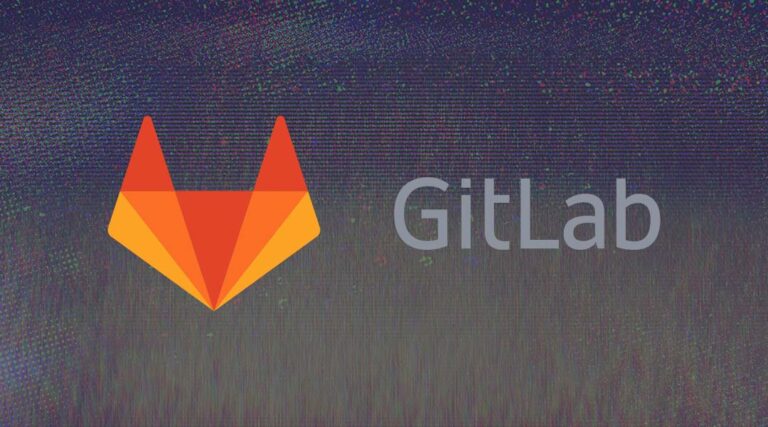
The first feature update to the 14.x series of DevOps platform GitLab is available, and finally fits the platform with a capability to publish and share Helm charts. According to the release post, users need to “add your project as a remote, authenticating with a personal access, deploy, or CI/CD job token” before they can use the Helm client or GitLab CI/CD to manage their charts.
Version 14.1 also presents GitLab customers on Premium or Ultimate subscriptions with a solution to an old problem. Connecting Kubernetes clusters with the platform’s CI/CD system previously required an opening of firewalls, but this can now be sidestepped — a CI/CD Tunnel utilises the GitLab Kubernetes Agent to connect runners with Kubernetes clusters. The addition is still in its early stages, and only supports tunnelling from the agent-configuring project for now. GitLab promises group-level support will be available soon.
Ultimate users having trouble building YAML configurations for the platform’s Dynamic Application Security Testing get a guided process with the update. This isn’t the only effort to keep code quality high, however, since the update also sports a code coverage merge request approval rule, and inline code quality notices in MR diffs. The enhancements are meant to ensure that requests decreasing code coverage aren’t incorporated into the code base and to inform Ultimate users about code quality violations and their severity via the Changes tab.
Hunter gatherer
Developers especially worried about the security of code with external dependencies should take GitLab’s just-released Package Hunter for a spin. The tool has been used by the company since last November to check if a program’s dependencies contain malicious code or lead to unexpected behaviour, and has been made publicly available for testing Node.js modules and Ruby gems.
Other than that, Ultimate users get quick access to compliance report entries and can require that merge requests need to be associated to a Jira issue in v14.1, while all paying customers will be able to define a hierarchy of responders the system can run through, should the first responder not take action within a set time.
Improvements benefitting all users include direct image upload into the Wiki Content Editor, integration with Datadog Continuous Integration Visibility, Group Migrations with Epics, and several enhancements for integrating VS Code into their workflow.
Changes for on-premises customers
Shortly before the 14.1 release, GitLab CEO Sid Sijbrandij introduced paid-tier customers to a couple of billing changes. For one, GitLab switches to quarterly instead of yearly subscription reconciliation starting on 1 August, 2021. This way, orgs that add new seats to their subscription pool won’t have to pay the full yearly subscription for those new users anymore, but are only charged for the remaining full quarters of the year.
Starting in August, self-managed subscriptions will be manageable via the GitLab customer portal and changed to renew automatically after the next renewal. Self-managed customers will also need to start sharing aggregated operational data, which complements the aforementioned steps toward the unification of behaviour of on-premises and SaaS offers.
Organisations for which data sharing isn’t an option — because they work with air-gapped instances or have similar restrictions — will need to stick to the annual subscription reconciliation model for now, as GitLab still investigates ways of handling these scenarios. Teams not up for sharing data at all need to contact their sales representative, “who will guide you through the next steps”.
